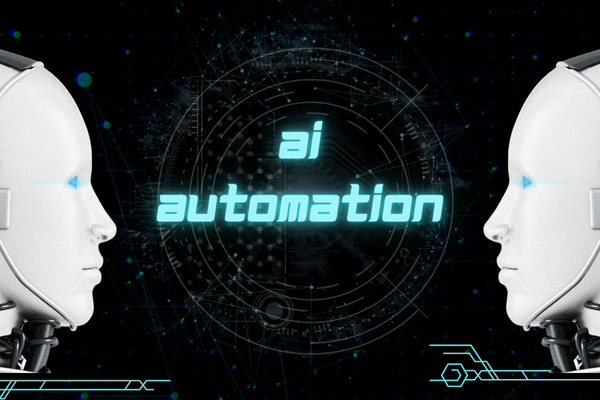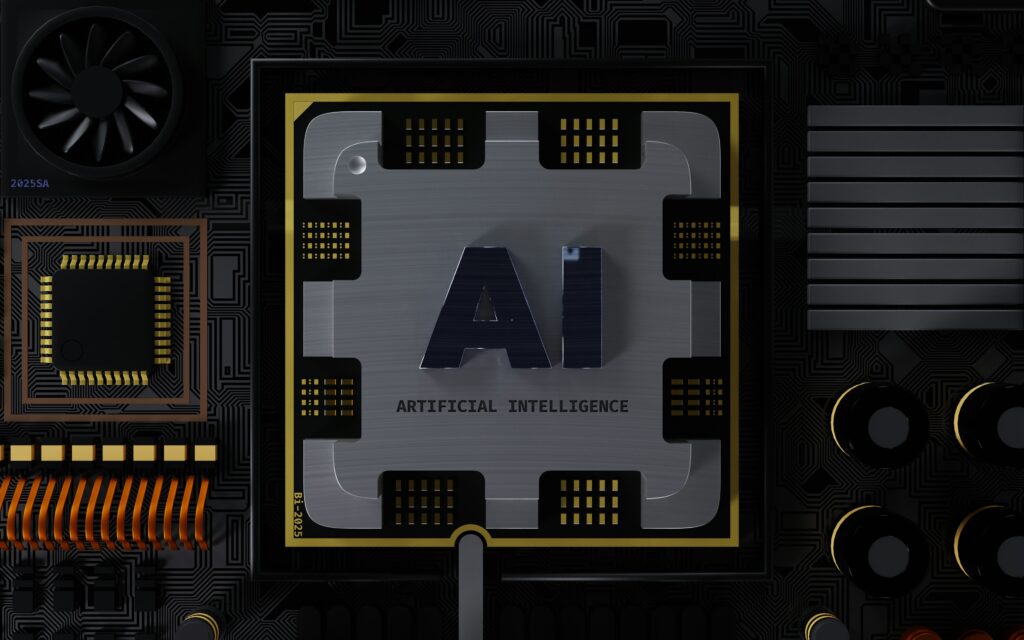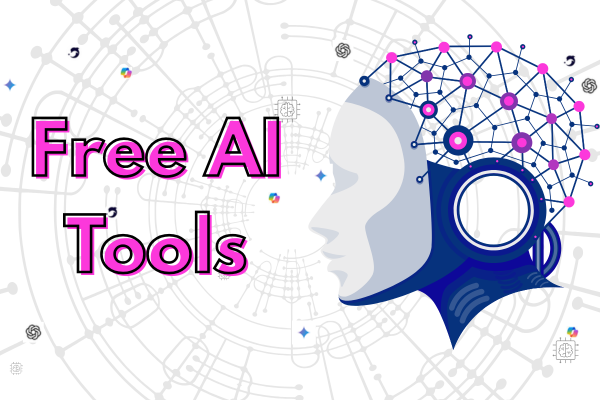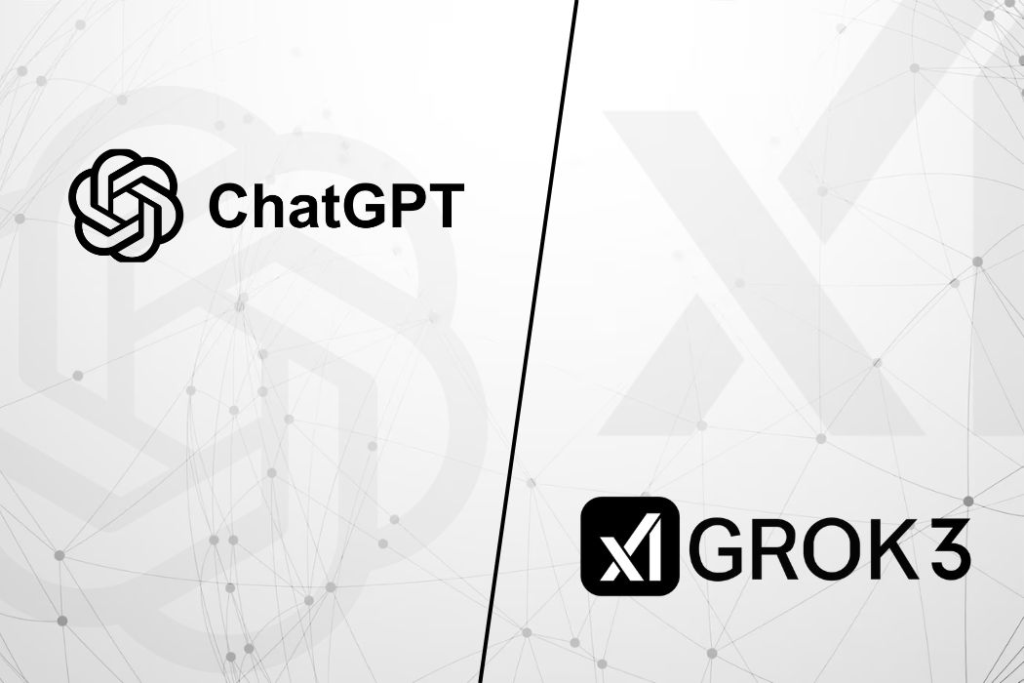AI Automation: The Future of Work and Innovation

Introduction to AI Automation
Artificial Intelligence (AI) is no longer a futuristic concept—it’s here, transforming industries and redefining how businesses operate. One of the most significant developments in this space is AI automation, which combines AI’s intelligence with automation’s efficiency. From streamlining repetitive tasks to making complex decisions, AI automation is shaping the future of work, innovation, and productivity.
In this blog, we’ll explore everything you need to know about AI automation—its applications, benefits, challenges, and the future it promises.
What is AI Automation's?
AI automation refers to the integration of artificial intelligence with automated systems to perform tasks that usually require human intervention. Unlike traditional automation, which follows pre-programmed instructions, AI automation can analyze data, make decisions, and adapt to changes in real-time.
Some common technologies behind AI automation include:
Machine Learning (ML): Enables systems to learn from data and improve over time.
Natural Language Processing (NLP): Allows AI to understand and generate human language.
Robotic Process Automation (RPA): Uses bots to perform repetitive tasks with minimal human involvement.
Computer Vision: Helps AI recognize and process images and videos.
In this blog, we’ll explore everything you need to know about AI automation—its applications, benefits, challenges, and the future it promises.
The Evolution of AI in Automations
The journey of automation started with basic machines handling manual labor, gradually progressing to software-based automation in industries. However, traditional automation had limitations—it could only perform what it was programmed to do.
AI changed the game by introducing intelligence into automation. With AI-powered automation, systems can now analyze vast amounts of data, detect patterns, and make smart decisions. This has led to more advanced applications, including AI-driven customer service bots, self-driving cars, and automated financial trading systems.

Applications of AI Automations
AI automations is revolutionizing multiple industries, making processes faster, smarter, and more cost-effective. Some key applications include:
1. AI Automations in Business and Customer Support
AI chatbots handle customer inquiries 24/7, reducing human workload.
Automated email marketing campaigns personalize communication.
AI-powered CRMs analyze customer data for better sales strategies.
2. AI in Healthcare
AI assists doctors in diagnosing diseases through image recognition.
Virtual health assistants provide medical advice and schedule appointments.
Automated administrative tasks free up time for healthcare professionals.
3. AI in Finance
Fraud detection systems analyze transactions in real-time.
Robo-advisors provide automated investment recommendations.
AI-powered risk assessment tools streamline loan approvals.
4. AI in E-Commerce and Retail
Personalized recommendations enhance customer experience.
AI-powered inventory management predicts demand and prevents stockouts.
Automated chatbots assist shoppers with product queries.
5. AI in Manufacturing and Supply Chain
Predictive maintenance prevents machinery breakdowns.
AI-powered robots automate assembly lines.
AI logistics optimize delivery routes and reduce costs.
Benefits of AI Automations
AI automation offers numerous advantages that drive efficiency, accuracy, and growth across industries.
1. Increased Efficiency and Productivity
AI-powered systems work faster and more accurately than humans, handling high volumes of tasks without fatigue.
2. Cost Savings
By automating repetitive processes, businesses can reduce labor costs and operational expenses.
3. Improved Decision-Making
AI analyzes vast amounts of data to provide insights, helping businesses make smarter, data-driven decisions. ChatGpt can help you to make decisions.
4. Enhanced Customer Experience
AI chatbots and recommendation systems personalize interactions, improving customer satisfaction.
5. Scalability
AI automation allows businesses to scale operations without the need for additional human resources.
Challenges and Limitations of AI Automations
While AI automation is promising, it comes with challenges that need to be addressed.
1. Job Displacement Concerns
One of the biggest fears surrounding AI automation is the loss of jobs. While AI can handle repetitive tasks, it’s essential to reskill employees for higher-value roles.
2. Implementation Costs
AI-powered automation systems require significant investment in infrastructure, software, and skilled personnel.
3. Ethical Concerns
AI bias, data privacy, and transparency are critical ethical issues that must be managed responsibly.
4. Complexity in Deployment
Integrating AI automation into existing workflows can be challenging, requiring technical expertise.
5. Dependence on Data
AI automation relies heavily on data quality. Poor or biased data can lead to inaccurate predictions and decisions.
The Future of AI Automation
AI automation is continuously evolving, and its future looks incredibly promising. Here are some trends that will shape the future of AI automations:
1. Hyperautomation
Businesses will combine AI, RPA, and other technologies to automate complex processes end-to-end.
2. AI-Powered Decision-Making
AI will play a more significant role in business strategy, providing real-time insights for decision-makers.
3. AI and IoT Integration
AI-powered automation will connect with IoT devices, enabling smart cities, autonomous vehicles, and more.
4. No-Code/Low-Code AI Solutions
Businesses without deep technical expertise will adopt AI automations through user-friendly, no-code platforms. You can make no-code website or application with the help of ChatGpt, Bard and Grok
5. More Personalized Automation
AI will become more human-like, offering personalized experiences in customer service, healthcare, and beyond.
How Small Businesses Can Leverage AI Automation
Many believe AI automations are only for large enterprises, but small businesses can also benefit significantly. Here’s how:
Automate customer service with AI chatbots to handle inquiries and support.
Use AI-powered marketing tools to send personalized emails and advertisements.
Optimize workflows by automating repetitive tasks like invoicing and data entry.
Enhance decision-making by leveraging AI-driven analytics tools.
By adopting AI automation, small businesses can boost efficiency, save costs, and compete effectively with larger players.
Conclusion
AI automations are more than just a trend—it’s a transformative force reshaping industries worldwide. From enhancing productivity and reducing costs to improving customer experiences, AI automation is unlocking new possibilities across all sectors. While challenges like job displacement and ethical concerns exist, the potential benefits far outweigh the risks.
As AI continues to advance, businesses and individuals must embrace automation to stay competitive in an ever-evolving digital world. Whether you’re an entrepreneur, a business leader, or a tech enthusiast, now is the time to explore the power of AI automation and leverage it for a smarter future.


